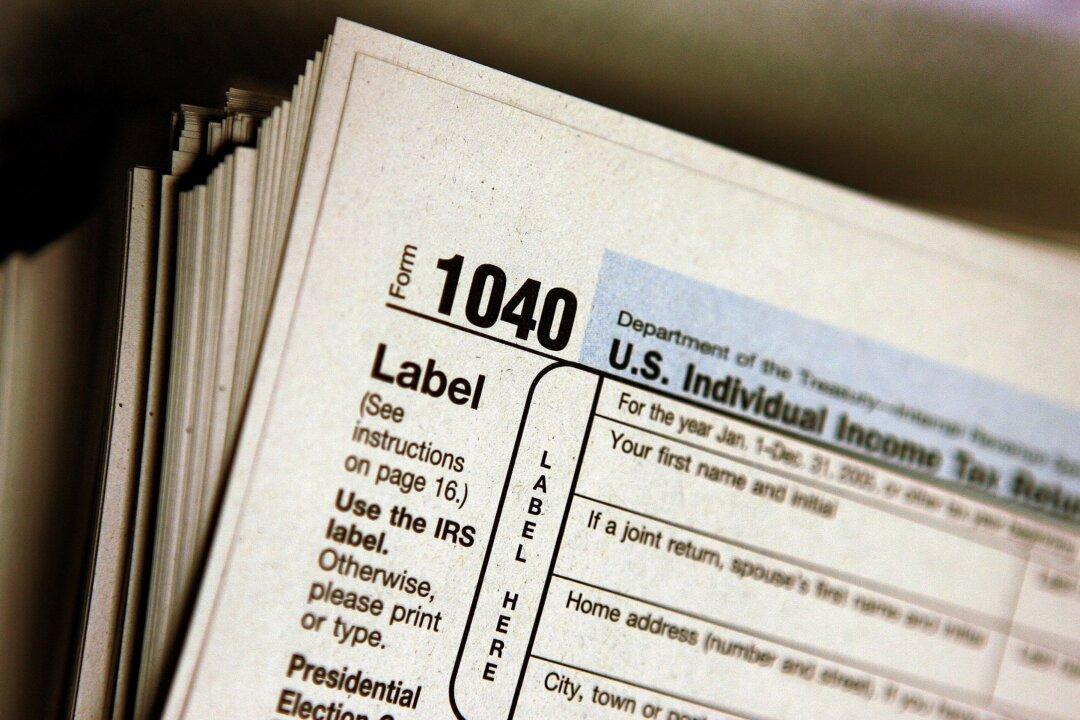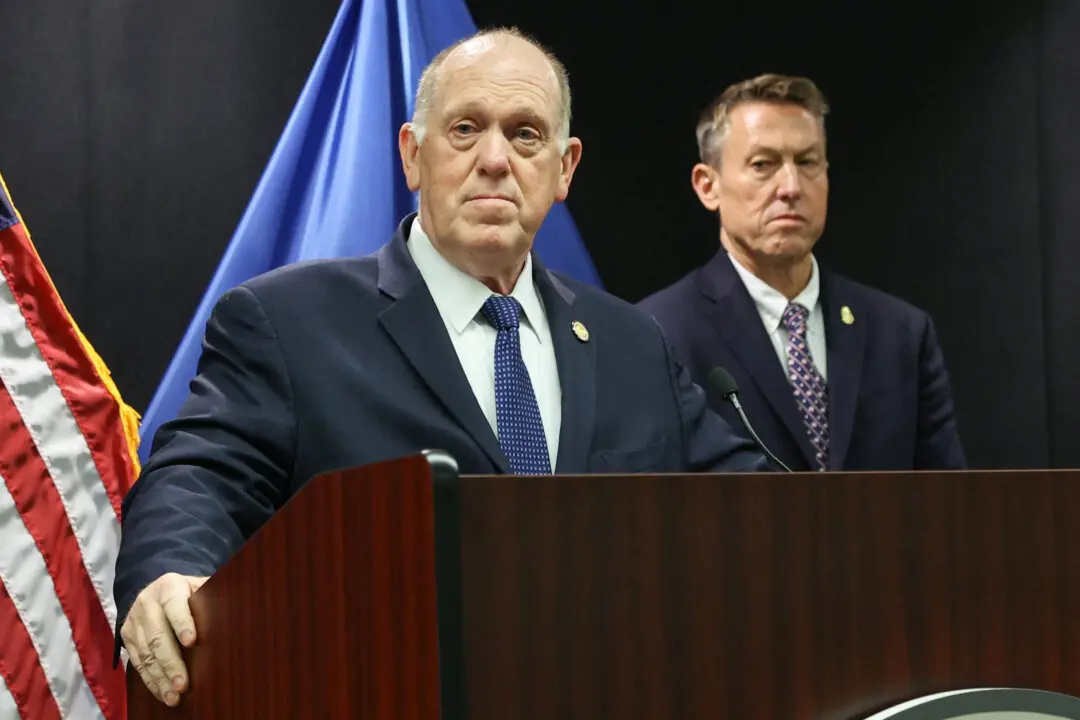The Internal Revenue Service (IRS) announced that it collected some $360 million from tax-delinquent millionaires, coming after the federal agency collected about $122 million from wealthy Americans in October.
Separately, the agency said that it is increasing its efforts to target Americans who make more than $1 million in income yearly and have more than $250,000 in tax debt, according to a news release.





